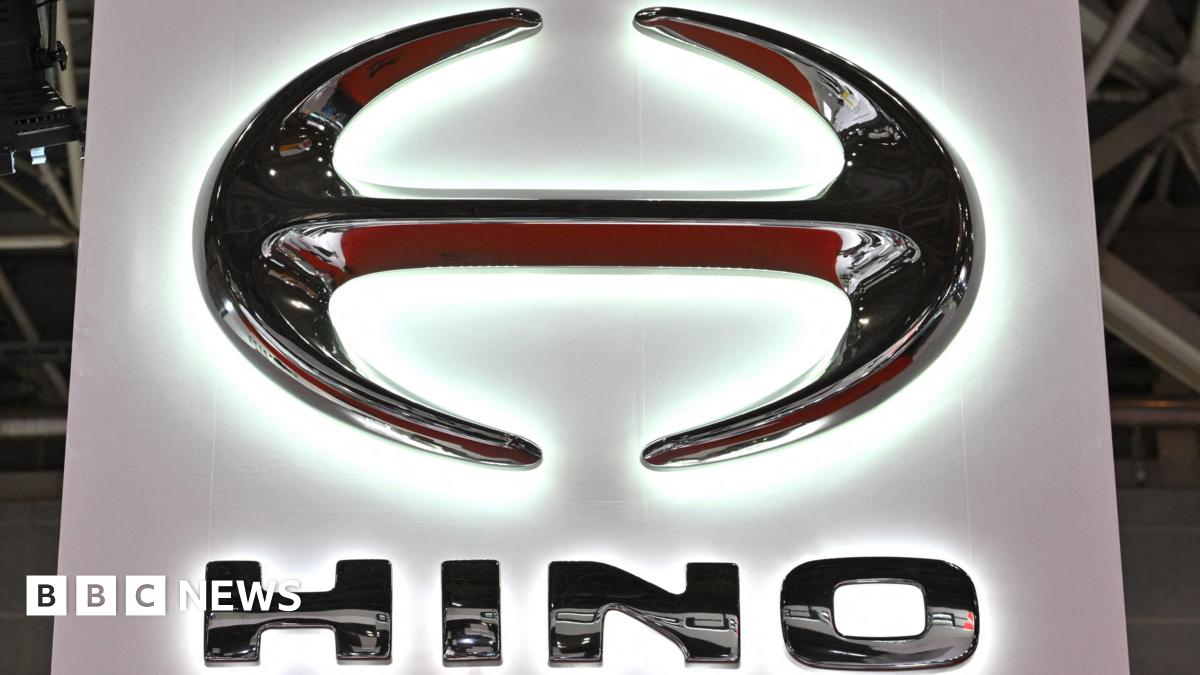President and CEO of La Maison Simons Bernard Leblanc
Stephanie Ricci contributed to this story.
In an era where fashion retail is constantly evolving, Bernard Leblanc, CEO of Simons, is breaking tradition.
With a history dating back to 1840, La Maison Simons is Canada’s oldest privately-owned family business, and Leblanc is the first non-family member to lead the Quebec-based fashion retailer. It counts nearly 4,000 employees and 16 stores across Canada, with its 17th location set to open in Halifax next spring.
Leblanc’s journey with the company began in 1994, shortly after earning an International Business and Finance degree from Concordia University. He initially joined as a Merchandise Manager and progressively took on key roles, culminating in his appointment as President and CEO in 2022.
“It’s a [matter] of a timing and circumstance that it happened naturally,” says Leblanc, who believes that his longstanding collaboration with Peter Simons, both in the past and present, along with their shared vision, made this transition possible.
His vision for the business is to lead it in embracing technology, sustainability, and fostering a diverse workforce. This transformation aims to make the retailer a brand that resonates with the consumers of today while paying homage to its rich heritage.
“I’ve been privileged and honored to have the opportunity to be the custodian of what the family provided as heritage,” he says.
An exciting time for leaders
According to Leblanc, authentic leadership is built on self-awareness and the formation of a team whose diverse talents align with a shared purpose.
In a workforce spanning five generations, Leblanc recognizes that we are now in an era characterized by remarkable diversity and complexity for leaders.
“You have this breadth of generations — from Generation Alpha through to the baby-boomers that are at the end of their careers — that are in the employment market at the same time,” says Leblanc.
These different generations bring varying requirements and expectations, demanding a high degree of adaptability from employers to navigate today’s dynamic landscape effectively.
“We have to generate an environment where we put people first and where we create an employment brand that makes sense, and hopefully a purpose that we can all share,” he says. “We still are learning every single day, but communication is key, trying to listen as much as we can and adapt where needed while protecting what has gotten us where we are. It’s a delicate balance to try and bring together.”
Combining data with human touch
To adapt to evolving demands, the 183-year-old business is gradually transitioning towards a data-centric approach, prioritizing the creation of personalized customer experiences.
However, while technology and consumer insights can play a key role in facilitating decision-making processes and the evolution of product offerings, Leblanc believes there is also an essential “emotional element” inherent in the creative work within the fashion commerce industry.
While Simons has made substantial investments in artificial intelligence and automation over the past years, these technologies intend to enhance, not replace, human contribution.
Being a highly seasonable business, the company recognized that automation was the answer to managing its rapid growth. By entrusting automation with the increased workload, the company can redirect its committed employees to positions where they can have a more meaningful impact and provide exceptional client experiences.
“We want to put technology to work on potentially repetitive and more streamlined tasks and ensure that we’re elevating human contribution to areas—whether it’s creative in contribution, whether it’s innovative in process, being able to deploy and demonstrate judgment and arbitrating between multiple choices with more finesse, more emotion and a [connection] to our clients.”
A Vision for eco-responsible retail
The Vision program, initiated in 2020, aims to reinforce Simons’ commitment to an eco-responsible approach, promoting the evolution of its products into more sustainable options through recycled or sustainable materials.
One of its commitments is to minimize the use of virgin materials, opting instead for sustainable alternatives like recycled, organic, or responsible fibers in place of conventional ones such as cotton, polyester, nylon, and wool. Additionally, the company pledges to enhance packaging and transportation efficiency.
To cut energy consumption, the retailer also actively partners with suppliers using clean energy, reducing chemical waste, and implementing innovative methods to lessen the environmental impact within their stores.
In fact, the Simons store in Edmonton has the largest solar array in Alberta. This store is exceptionally energy-efficient, consuming 30-40% less energy than the average store, and it derives half of its electricity from solar power.
The company expanded on this visionary design and opened Canada’s first net-zero energy store in Quebec City in 2018, where the 80,000 square foot space is powered by solar energy and heated and cooled using a geothermal system.
What lies in the future for Simons
Simons has a longstanding tradition of prudent expansion, and Bernard Leblanc is committed to upholding this legacy. The company’s primary focus remains on solidifying its nationwide presence in Canada while ensuring its brand resonates with an increasingly diverse Canadian audience.
The CEO places particular emphasis on key markets such as Toronto and Vancouver, where Simons currently operates only one store in each metropolis, in contrast to Montreal’s five successful locations. This indicates untapped growth potential even within Canada’s major markets.
“We’ve never really sought to be the biggest, but we’ve always looked to be the best in the eyes of our clients,” says Leblanc. “We’re still going to pursue that same steady, cautious growth and being very purposeful about how we go about identifying new opportunities.”
Credit: Source link











